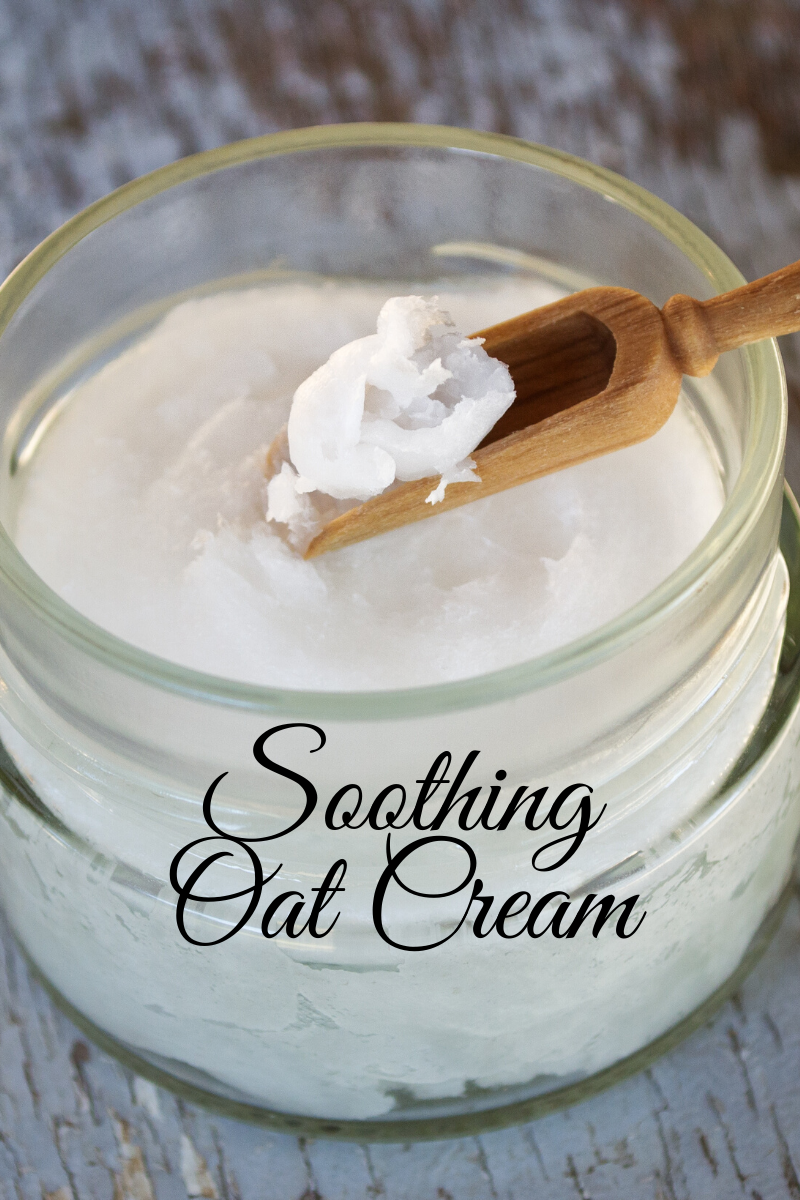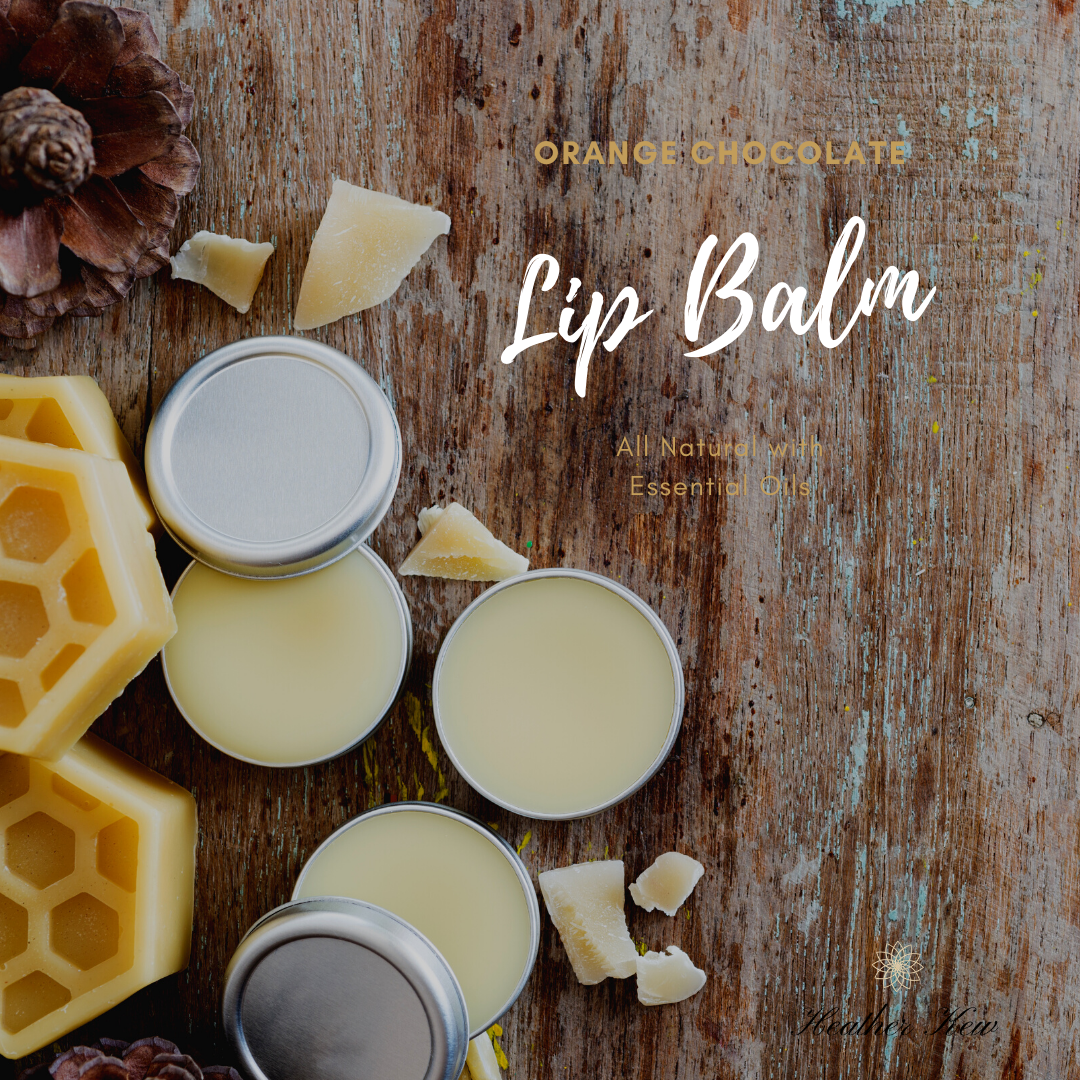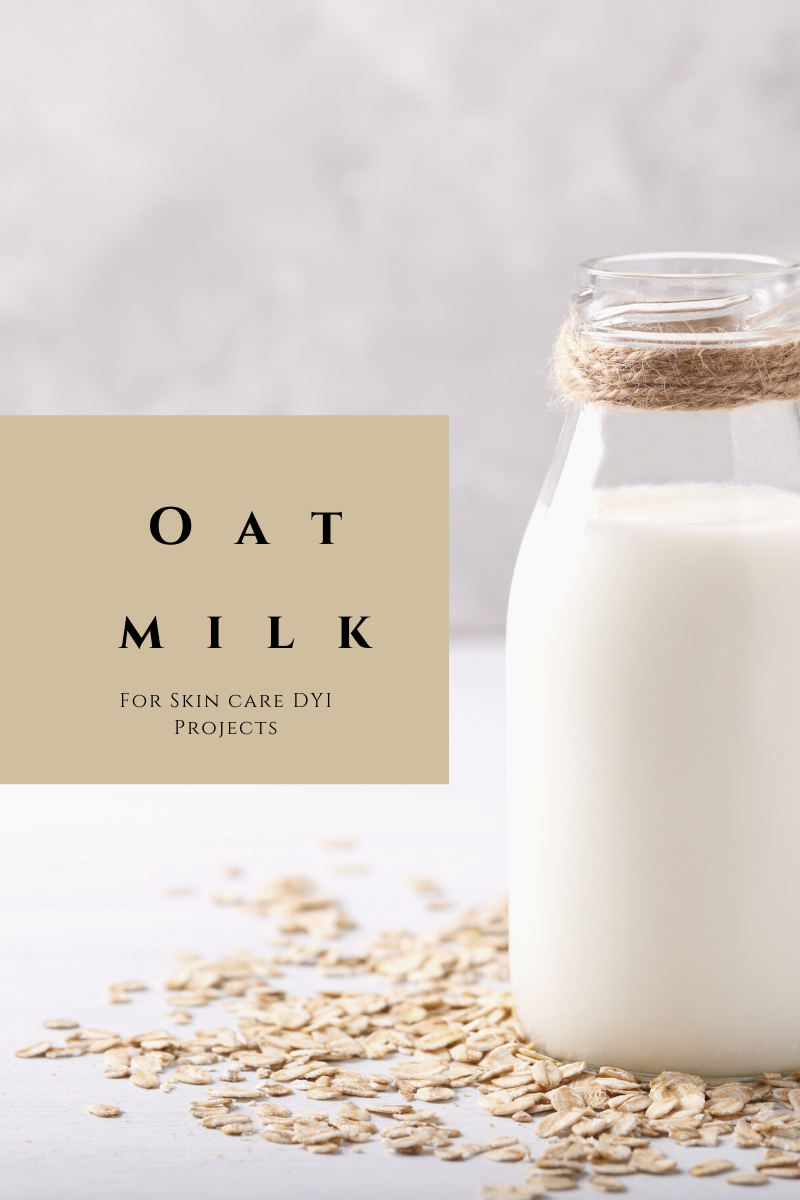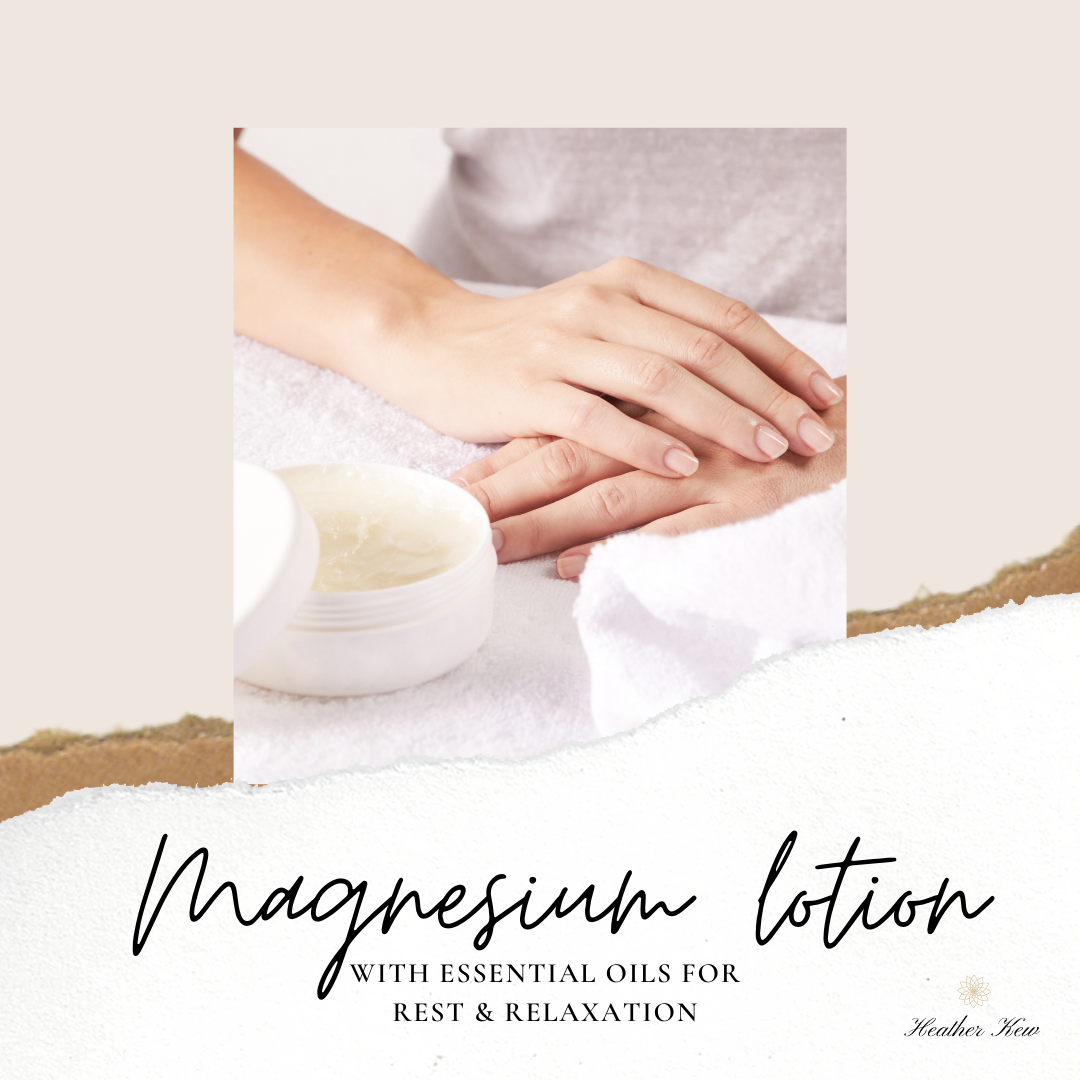
My skin tends to become super dry, itchy and generally irritated at the change of every season and spring is no exception. But what is unique to spring is the warm weather that is starting to come our way. Warm weather and heavy, oily moisturizers, like body butters and balms do not mix. So I created this oat soothing cream to absorb really quickly but still pack the needed moisturizers and skin soothing elements into it.
Oats - oats contain zinc, which reduces inflammation and kills bacteria. It also contains magnesium, which has a multitude of health benefits including easing sore muscles and helping with sleep (to read more about magnesium - check out my post on magnesium butter). Oats contain anti-oxidants and beta-glucan- which forms a fine film on the skin and is absorbed by the skin to help add moisture to the skin. Historically oats have been used to treat poison ivy and chicken pox because of its ability to soothe itching. Oats also contain proteins which help maintain the skins natural barrier.
Shea butter - shea butter is anti-inflammatory, moisturizing and anti-aging. It contains fatty acids and nutrients for collagen production which helps with skin elasticity.
Skin soothing essential oil blend - This blend contains Lavender which soothes inflammation, reduces pain and is cooling and calming to the skin. It also contains geranium which stimulates the lymphatic system, accelerates healing and eases skin disorders. Another powerful oil in this blend is Roman chamomile which reduces inflammation, fights infection and accelerates healing. To see the full blend and all of its benefits, check out my post on my skin soothing blend.
Soothing Oat Cream Recipe
Equipment
Heat Bath
Cool Bath
2 heat proof containers
spatula for stirring and scooping into containers
Stick or immersion blender
Container(s) or choice for storage
digital scale for measuring ingredients
Water Phase
10 oz Oat Milk
0.08 oz Vegetable Glycerin
Oil Phase
1.1 oz Coconut Oil (Fractionated)
1.3 oz Shea Butter
1.4 oz Olivem 1000 (emulsifying wax)
0.3 oz Beeswax
0.02 oz Xanthan Gum
0.08 oz Cetyl Alcohol
Cool Down Phase
25 drops of Soothing Skin Blend EO
0.08 oz Honey
0.02 oz Geogard ECT (Broad-spectrum preservative)
Instructions
Equipment prep: Disinfect all equipment, utensils and containers in a 5% bleach water solution.
- Prepare a heat bath large enough for 2 containers. (I use a large sauce pan - filled about a 1/3 of the way with water- with metal cookie cutters to keep the measuring cups from touching the bottom of the pan and 2 pyrex measuring cups for my ingredients)
- Measure your water phase into the first pyrex measuring cup - oat milk and vegetable glycerin - and place into the heat bath on the stove.
- Measure your oil phase into the second pyrex measuring cup - shea butter, coconut oil, emulsifying wax, beeswax, cetyl alcohol and xanthum gum and place into the heat bath on the stove.
- on low heat, warm heat bath to 160F. Remove from heat and remove both the water phase and the oil phase from the heat bath. Dry off both containers so that no extra water gets incorporated into the mixture.
- Add the water phase into the oil phase. Using a stick blender mix on a pulsing blend for 2 minutes - making sure its fully emulsified.
- Place the mixture in a cool bath ( I used a small glass bowl filled 1/3 of the way with cold water) and continue to stir as the cream thickens - until it reaches 104F - then remove from cool bath.
- Add the cool down phase - essential oils, honey and preservative. Continue stirring until all ingredients are well incorporated.
- Place cream into your container of choice and allow to sit with lid open for 1-2 hours to prevent condensation.









